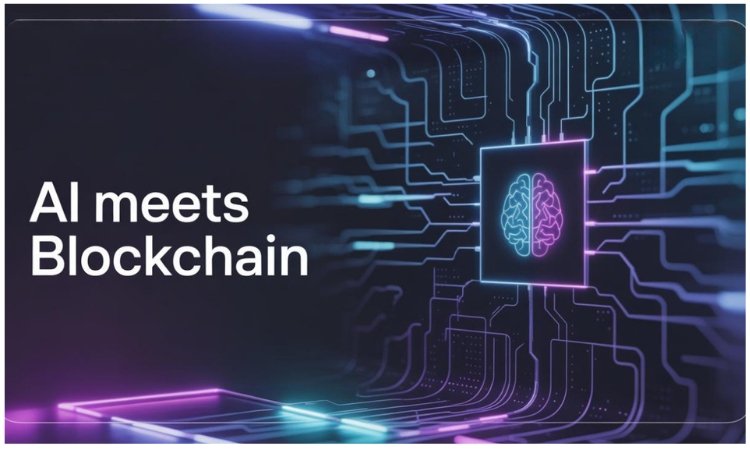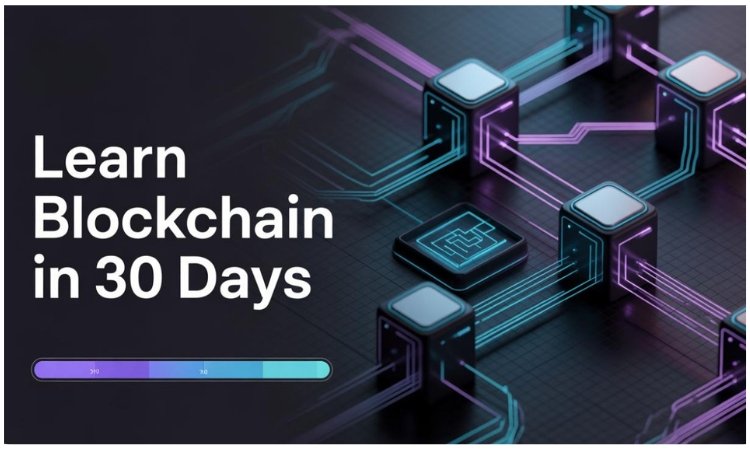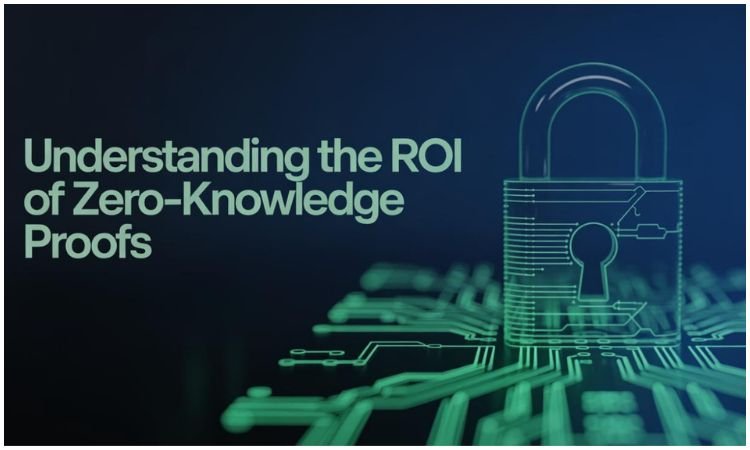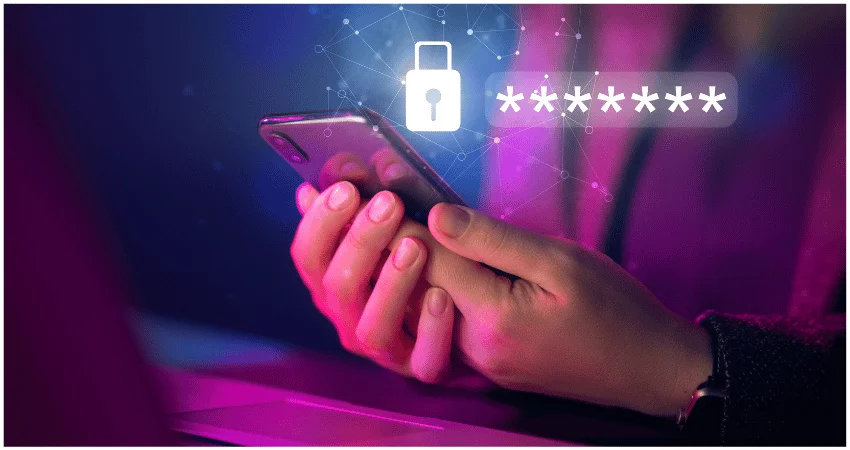
The Advantages of Zero-Knowledge Proof-Based Authentication
We cannot overstate the importance of secure and private authentication in the bustling bazaar of the digital world, where data is the new gold. Whether logging into social media, banking online, or accessing sensitive corporate data, ensuring that authentication processes are both secure and private is paramount.
Enter zero-knowledge proofs (ZKPs), a sophisticated yet elegant solution that promises to revolutionize authentication. With ZKPs, you can prove you know a secret without ever revealing it yourself. Imagine ZKPs as the digital version of a cryptographic rigor-backed trick. Let’s dive into how this works. Also, you should know why it’s a game-changer for secure Zero Knowledge Proof Identity authentication.
Ideas about Zero-Knowledge Proofs
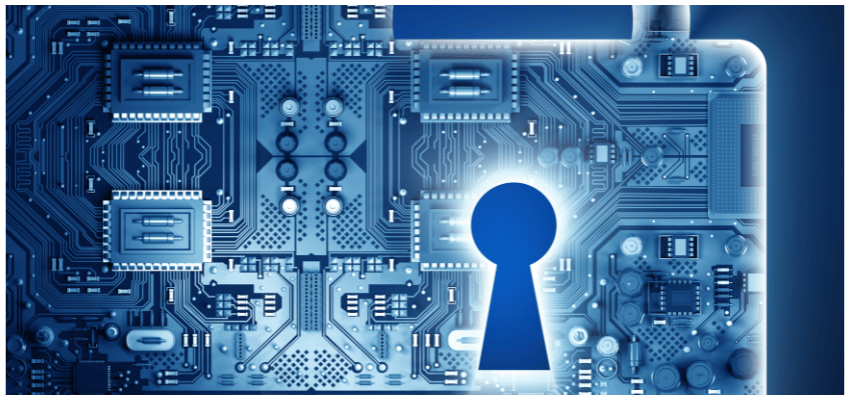
Zero-knowledge proofs are sophisticated security procedures. These systems allow one person (the prover) to demonstrate to another (the checker) that they know a piece of information. This information can also serve as a solution to a problem. We can accomplish all of this without disclosing it. Zero knowledge, completeness, and soundness form the foundation of this powerful theory.
Completeness: Person 1 must convince Person 2 she can unlock a safe. Completeness ensures that Person 1 can always use the ZKP process to convince Person 2 that she is honest and that the combination is valid (the assertion is true).
Silence: The soundness principle precludes lying. If the combination is incorrect, the ZKP technique prevents Person 1 from informing Person 2 that the statement is fraudulent. Person 1’s intelligence doesn’t matter.
Zeus Knowledge: ZKPs are about this. Person 2 only finds out that Person 1 has the correct combination during the proof process. The actual blend numbers are unknown.
Imagine a real-life contrast. Person 1 must be a specific age to join a club. Using ZKP, she could prove her age without disclosing her birthdate. The bouncer (verifier) provides her age-appropriate arithmetic games. Person 1 conceals her actual age while creating these problems. Let’s make the guard think she’s old enough. This illustrates how ZKPs enable proof based solely on knowledge ownership while safeguarding the underlying information.
Traditional authentication methods and their limitations
Each digital identity verification method has security flaws. Popular yet weak passwords are the most commonly used form of identification. Passwords are weak because people forget, steal, or hack them. For convenience, users typically use simple passwords that hackers may guess or break. Hackers and brute force can crack even complex passwords.
Biometric methods like palm or face recognition are easier and look more secure than passwords. However, they pose serious safety risks. Unique biometric data can’t be modified. Unlike passwords, the loss of unique biometric data is irreversible. Since individuals can’t modify their fingerprints or facial shape, breaches are worse.
Two-factor authentication (2FA) requires a phone or email to verify your identity, making it safer. 2FA makes things safer, but it’s complicated to set up and relies on hackable data transmission methods. With SMS-based 2FA, SIM switching hacks and eavesdropping are possible.
These outdated methods put confidential data at risk of theft or misuse. These issues make it more evident than ever that we need a better privacy solution. Zero-knowledge proofs offer secure and private identification without the hazards of previous approaches.
ZKP-Based Authentication: How It Works
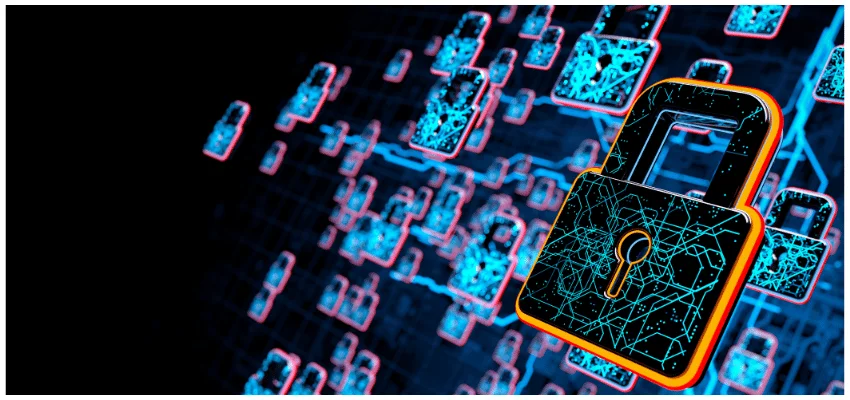
Zero Knowledge Proof Identity authentication verifies user identification without disclosing crucial credentials. Process breakdown:
Secret Handshake: Before the fun starts, the user (prover) and system (verifier) agree. They agree on a secret, such as a cryptographic key and verification challenge settings. Imagine two players agreeing on the regulations and shaking hands before a game.
Specific Challenge: The system presents a randomly selected, secret-specific challenge. This obstacle might include difficult math or encrypted communications.
Using the Knowledge: The user utilizes their secret knowledge (such as a password or biometric data) to answer the challenge. This answer indicates that the user has the relevant information but not the secret. Imagine completing a puzzle that only the secret combination can open.
Verification: The Truth Revealed It compares the user’s response to what it expects from a secret keeper. If the answer aligns with the expectations, the system becomes convinced! The user proved their identity without disclosing crucial information.
The beauty of this dance is that your password, fingerprint, or other credential stays concealed. ZKP-based authentication protects your personal data by forcing users to complete challenges using their secret knowledge.
The Key Benefits of ZKP-Based Authentication

1. Better safety
Zero-knowledge proof (ZKP)-based verification improves security by eliminating private data transmission. Attackers may steal passwords, fingerprints, and other personal information exchanged across networks using typical security measures. ZKPs allow users to express themselves without revealing their credentials. This prevents hackers from stealing or receiving sensitive information. This makes ZKP-based systems effective against phishing, man-in-the-middle attacks, and data breaches. By concealing confidential data, ZKPs dramatically reduce the risk of unauthorized access.
2. Better privacy
In a time of unprecedented privacy concerns, ZKPs are a perfect solution. These proofs allow users to identify themselves without providing personal information. Their confidential data is protected. ZKPs preserve user privacy by design, unlike previous approaches that may expose personal data to third parties or keep it in stolen systems. Privacy is crucial in healthcare, banking, and personal contacts.
3. User selection and authorization
ZKP-based technologies empower users to control their own data. Users may consent to ZKP identification processes without providing personal information. This is consistent with data minimization and user consent, which state that users should only disclose necessary data and be able to control its usage. ZKPs enable users to identify themselves without providing personal information, improving security and privacy. Digital exchanges have become more reliable.
Real-World Applications and Use Cases
ZKP-based authentication ensures safety and confidentiality across sectors.
Financial: Think about safer online banking. ZKPs ensure user verification for banks and financial institutions, decreasing fraud. We protect account information and trust online transactions.
Privacy: Patients’ privacy is crucial in healthcare. ZKPs may affect data transfer. Patients may restrict providers’ access to medical records, preserving sensitive information. While complying with HIPAA, healthcare providers may cooperate safely.
Secure Options: Online shopping is secure and simple with ZKP verification. Authenticating customer IDs without billing information on e-commerce platforms can prevent data breaches. This protects data, fosters confidence, and boosts online sales.
ZKPs have various uses. Imagine secure logins without complex passwords. Users can simplify and secure transaction verification by proving their identity without revealing financial information. In collaborative settings like research institutions and government agencies, ZKP-based solutions protect data privacy and permit access. Unlimited possibilities enable a secure, private digital environment.
Challenges and Considerations
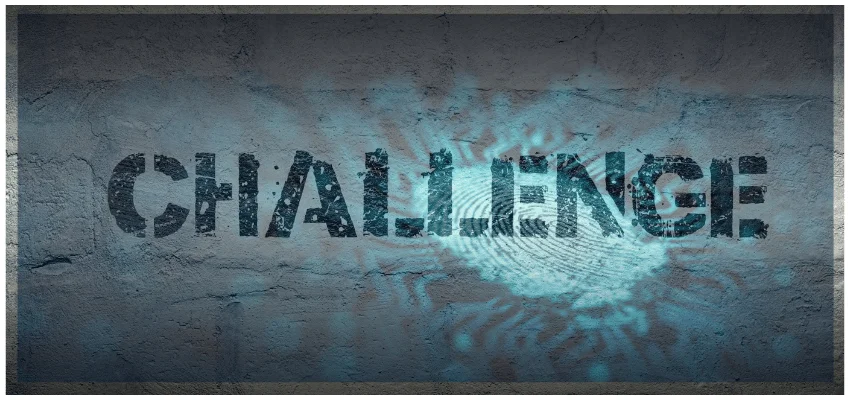
Zero-knowledge proof (ZKP) authentication must overcome numerous challenges to become popular. Computational complexity is difficult. Resource-intensive ZKPs require a lot of time and processing. Mobile and IoT devices with minimal processing power may suffer. Complex calculations may slow performance and require more energy, which is unpleasant in practical situations.
Also important: scalability. Systems must efficiently handle multiple authentication requests for ZKP-based authentication to be popular. This allows for concurrent user management and low peak-time latency. The computational demands of ZKPs make scaling impossible without significant infrastructure investments.
User Adoption: New and complicated ZKPs may hinder user adoption. Companies and individuals are wary of new technologies they don’t understand or trust. Technical ZKPs may intimidate the public and corporations.
Research and development address these concerns. Researchers are improving ZKP algorithms to reduce computational burden. User-friendly solutions simplify ZKP-based system integration and usage. Improved hardware and cloud computing may also help scale. They seek to make ZKP Based Authentication easier, faster, and more appealing to increase adoption.
The future of authentication
ZKP-based authentication enhances digital privacy and security. ZKPs will construct a secure and private digital environment as technology evolves. We need to strike a balance between safe security, user privacy, and comfort. The ZKPs may assist in attaining this equilibrium.
Zero-knowledge proofs may make identity verification private. Imagine secure internet transactions and data. ZKPs could unlock this future and provide us with digital control. ZKP technology and user-centric deployment may improve digital security and privacy.
Conclusion:
Zero-knowledge proof (ZKP) authentication revolutionizes digital security and privacy. ZKPs allow users to validate their identities without disclosing sensitive information, promoting security, privacy, and user control. Traditional authentication methods are flawed and insecure. Secure and private ZKP-based authentication might alter banking, healthcare, and e-commerce.
Choosing yushuexcellence.in is the best choice here for ensuring proper security and providing best APIs. They are the best in their works. Their technology and blockchain research enable ZKP adoption despite compute complexity, scalability, and user acceptability problems. Safe ZKP Based Authentication, without compromising privacy, has the potential to transform digital security and privacy.



